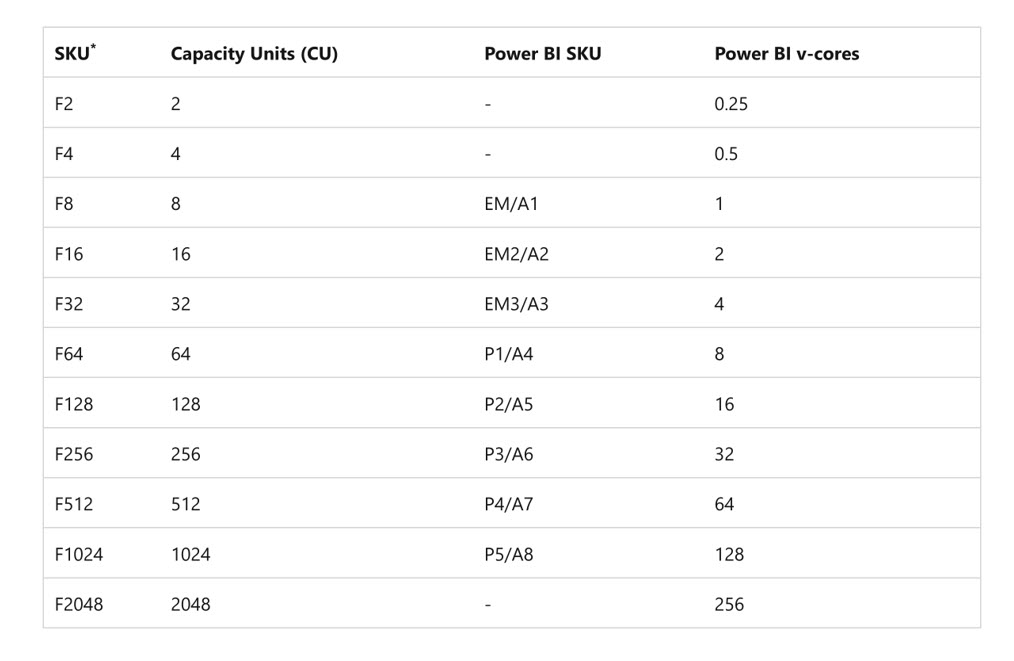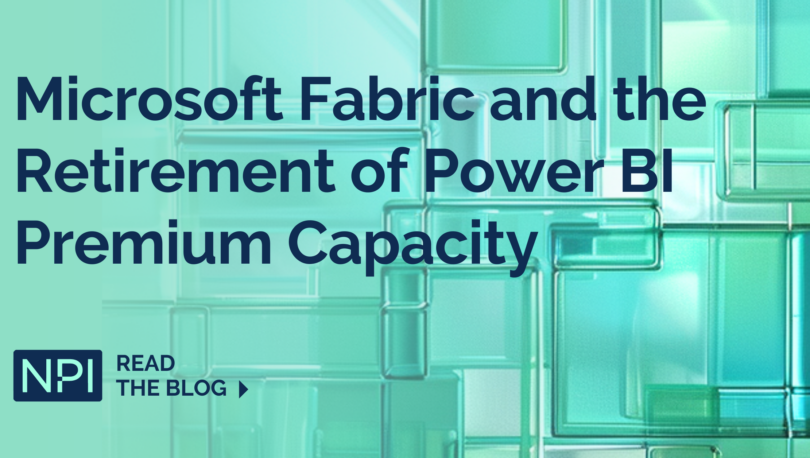It has been about a year since Microsoft announced Microsoft Fabric, which provides customers with an end-to-end unified analytics platform that aims to address every aspect of an organization’s analytics needs. Per Microsoft’s website, Fabric “integrates technologies like Azure Data Factory, Azure Synapse Analytics, and Power BI into a single unified product, empowering data and business professionals alike to unlock the potential of their data and lay the foundation for the era of AI.”
The need that Fabric solves is real – and becoming greater every day. Data analytics in the age of AI has become exceedingly complex. Analytics projects are complex structures of multiple subsystems, often requiring different capabilities and multiple vendor products. Managing those systems at a cost and technical level can be tedious and expensive. In many cases, computing capacity is provisioned across multiple systems. If one system is idle, its capacity can’t be used by another system, generating significant cost and resource waste. An end-to-end, unified analytics platform theoretically simplifies these complexities.
At the same time, Microsoft is starting to lay bare how it is evolving its product and revenue mix to capitalize on massive enterprise interest in AI. One of the five key components of Fabric is that it is powered by Microsoft’s AI:
“We are infusing Fabric with Azure OpenAI Service at every layer to help customers unlock the full potential of their data, enabling developers to leverage the power of generative AI against their data and assisting business users to find insights in their data. With Copilot in Microsoft Fabric in every data experience, users can use conversational language to create dataflows and data pipelines, generate code and entire functions, build machine learning models, or visualize results. Customers can even create their own conversational language experiences that combine Azure OpenAI Service models and their data and publish them as plug-ins.”
Microsoft Discontinues Power Premium BI Capacity Licenses
One of the core workloads within Fabric is Power BI, so it’s no surprise that Microsoft will depreciate the stand-alone Power BI Premium product in preference of the Fabric offerings. Fabric will be offered as an Azure service and is available on a Pay-as-You-Go basis, or you can even purchase Reserved Instances for Fabric.
Microsoft announced Fabric pricing in this blog post last June. It’s a worthwhile read to understand how the product is being licensed. One of the most important concepts to understand with Fabric licensing is the notion of a Capacity License and a Capacity Unit. A Capacity License is a dedicated set of resources reserved for your content, while Capacity Units are used to measure the compute power available for each SKU.
The table below provides a comparison of the Fabric SKUs, Capacity Units, the Power BI Premium Capacity SKUs, and the Power BI virtual cores:

Each SKU offers double the computational power of its predecessor – for example, F8 provides twice the capability of F4, and F128 twice the power of F64.
As noted above, the Power BI Premium Capacity licenses will be discontinued, effective July 1, 2024. Microsoft has a transition plan for those customers who are current Power BI Premium Capacity users – new customers will not be able to purchase Power BI Premium Capacity after July 1, 2024. Existing customers without an Enterprise Agreement will be able to renew their existing Capacity License until January 1, 2025, and current Enterprise Agreement customers will be able to continue to purchase additional Capacity Licenses through the end of their Enterprise Agreement.
These changes do not impact Power BI Pro and Power BI Premium Per User licenses.
Staying on Top of Microsoft Licensing Changes in the AI Era
Microsoft’s product roadmap will continue to skew towards AI-powered capabilities, which will likely greatly benefit many enterprise customers in the long term. However, this will also precipitate changes to other Microsoft offerings. Enterprise customers need to be vigilant in staying up to speed on these changes and how they will impact their Microsoft estate from a product and cost perspective. Microsoft license and cost optimization are more crucial than ever for Microsoft purchases and renewals.
If you have questions about Microsoft licensing changes, NPI can help. Contact us to learn more.
RELATED CONTENT
- Bulletin: 9 Questions to Ask to Right-size Your Microsoft 365 Spend
- Blog: Is Microsoft Teams Premium Worth the Cost?
- Blog: Microsoft Antitrust Investigation Update: Will U.S. Customers Be Impacted?
- Blog: O365 Optimization: Getting to the Root of Suboptimal Licensing to Eliminate Cost Waste
- NPI Service: Microsoft License and Cost Optimization Consulting
